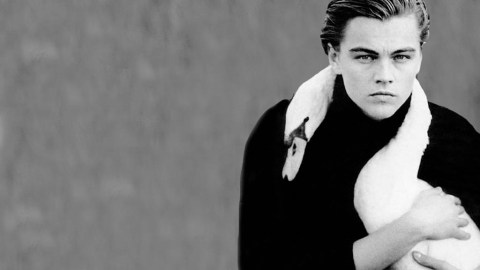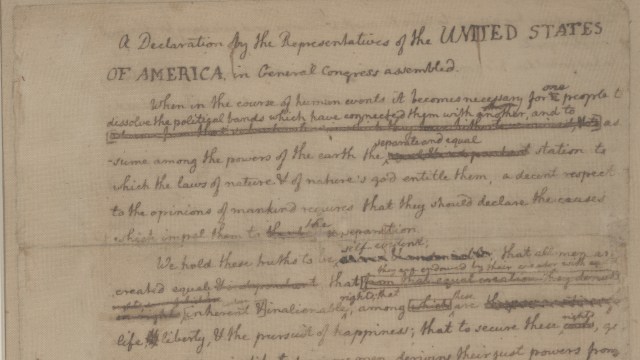More Happiness: Nobelists and Novelists Might Disagree

New York magazine’s cover story on the (negative) impact of children on happiness begs a larger question—and one appropriate so near to Independence Day (“life, liberty, and the pursuit” etc.): what is it about happiness that makes everyone want to live in a steady state of it? Is happiness a place we want to live, and from which we’d elect draw the deepest lessons? Have happiness theorists considered literature’s best looks at the subject? Some might remind us reasons why life is not all candy.
Nobel laureates have made substantive contributions to the field of happiness studies; happiness, after all, affects a culture’s willingness to spend. The connection between happiness and GDP is well known, and relevant. But what the New York article does is remind the reader that “evidence” overwhelmingly puts raising children at odds with a still-vaguely-defined ideal, and that ideal is called “happiness.”
One of the more devastating novels on the breakdown of a marriage is Richard Yates’s Revolutionary Road. Yates knew that it was not necessarily the presence of children, or the attendant responsibilities of being a parent as much as it was simply growing older–growing up–and in this losing sense of one’s self. As life things settle into routine, history’s heroines—from Madame Bovary to the girl you roomed with at school—begin to question where their identities lie beyond the dull, if necessary, games of Doing What is Right.
Having It All, as the main characters in Revolutionary Road seem to do, is not enough. Why not? Consider history, and conclude: happiness is not uncommon, but it is not necessarily the only goal. While scholars have written persuasively on the topic, perhaps someone can point out that, correlative to the concept that the unexamined life is not worth living, perhaps Happiness is Not the Whole Point?
The New York piece concludes:
“I think this boils down to a philosophical question, rather than a psychological one,” says Gilovich. “Should you value moment-to-moment happiness more than retrospective evaluations of your life?” He says he has no answer for this, but the example he offers suggests a bias. He recalls watching TV with his children at three in the morning when they were sick. “I wouldn’t have said it was too fun at the time,” he says. “But now I look back on it and say, ‘Ah, remember the time we used to wake up and watch cartoons?’” The very things that in the moment dampen our moods can later be sources of intense gratification, nostalgia, delight.
It’s a lovely magic trick of the memory, this gilding of hard times. Perhaps it’s just the necessary alchemy we need to keep the species going. But for parents, this sleight of the mind and spell on the heart is the very definition of enchantment.
Is it possible to have happiness in the moment as well as in retrospect: this question remains for the Nobel Laureates, for the novelists, for the poets. Yet even if this question had an answer, do we want it?





